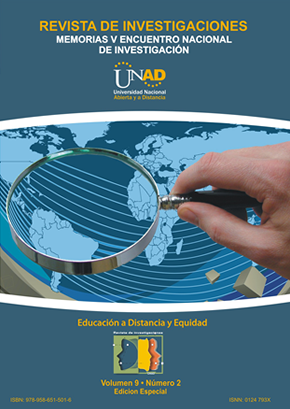Cuando la REVISTA DE INVESTIGACIONES UNAD recibe la postulación de un original por parte de su autor, ya sea a través de correo electrónico o postal, considera que puede publicarse en formatos físicos y/o electrónicos y facilitar su inclusión en bases de datos, hemerotecas y demás sistemas y procesos de indexación. REVISTA DE INVESTIGACIONES UNAD autoriza la reproducción y citación del material de la revista, siempre y cuando se indique de manera explícita el nombre de la revista, los autores, el título del artículo, volumen, número y páginas. Las ideas y conceptos expresados en los artículos son responsabilidad de los autores y en ningún caso reflejan las políticas institucionales de la UNAD
Control predictivo aplicado a la dosificación automática de insulina en pacientes con diabetes tipo 1
Control engineering influences the modern medicine through robotic surgery, electrophysiological systems (pacemakers and automatic implantable defibrillators), life support systems (ventilators and artificial hearts), and image-guided surgery. An additional area of medicine suited for applications of control is clinical pharmacology, in which.
mathematical modeling plays a prominent role. Although numerous drugs are available for treating disease, proper dosing is often imprecise, resulting in increased costs, morbidity and mortality.
In this work, a potential application of the control engineering to clinical pharmacology, specifically the control of drug dosing is presented. The principal goal is to develop a device in order to control the blood glucose concentration for people with type 1 diabetes, using a predictive control algorithm.
An analysis upon several dynamic relationships between the glucose and the insulin available in the literature must be performed, in order to find and select a proper model for prediction. This model will permit to design an adequate controller.
Finally, the controller robustness will be tested taking into account assumptions as: the algorithm must be applied on different patients and the patient-model could change along the time.




